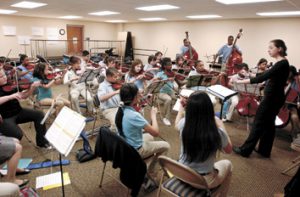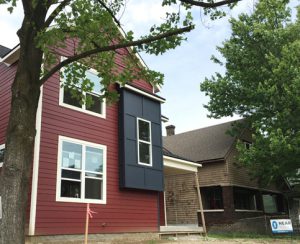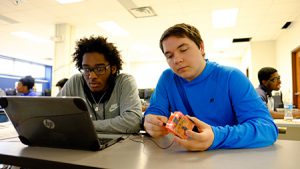
IPS board signs off on raises for teachers in new contract
The new contract includes pay bumps ranging from 3 to 9 percent, with most eligible teachers’ salaries going up by at least $2,586 per year. But it also has provisions that teachers unions have typically opposed.





